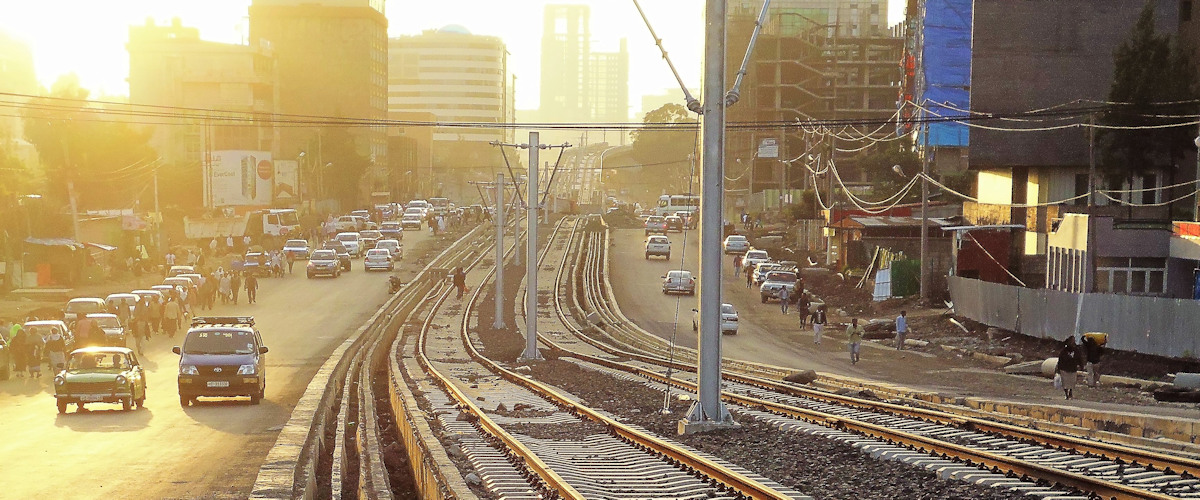
IGDC Research Seminar Series: Infrastructural misfits - Chinese roads and rail in Kampala and Addis Ababa
Event details
Speaker: Dr Tom Goodfellow
Title: Infrastructural misfits: Chinese roads and rail in Kampala and Addis Ababa
The extent to which Chinese agencies dominate infrastructure development in Africa is now widely known, and has generated intense interest in the academic and policy communities. Yet behind the regular headlines – whether positive ones about enhanced connectivity and accelerated modernity, or negative ones about debt or neo-colonial intention – there is still little research on how these projects actually come to happen, who drives them forward, what their temporal horizons are, and how they reshape the territories and communities around them. The dominant interest in multi-billion megaprojects that aim to connect cities and ports spanning national territories has also left smaller scale (but equally disruptive) infrastructure projects relatively under-explored.
We consider two projects at the city or metropolitan scale where the driving forces and urban effects are still largely unknown, despite media interest: the Light Rail Transit in Addis Ababa and the expressway linking Kampala to Entebbe airport. These projects are highly significant because they are designed and implemented through opaque negotiations between national elites and Chinese agencies, with little or no engagement from city authorities, despite the fact that their major consequences are at the urban scale. Unlike the railways linking major ports to the African interior, many of which explicitly build on colonial legacies and are linked to the Belt and Road vision, these city-level projects lack a coherent overarching logic. We argue that profit-seeking Chinese contractors themselves play a key role in driving city-level infrastructural modalities, engaging opportunistically with African national governments whose agendas are inconsistent and malleable. Meanwhile, city planning authorities and other local stakeholders are shut out of the design and implementation. These processes mean that, while these projects are beneficial for some, their outcomes are contingent, haphazard and temporally unpredictable, rather than being planned or integrated with broader urban development policies and processes.
Contact
Maria-Eugenia Giraudo & Nicole Beardsworth